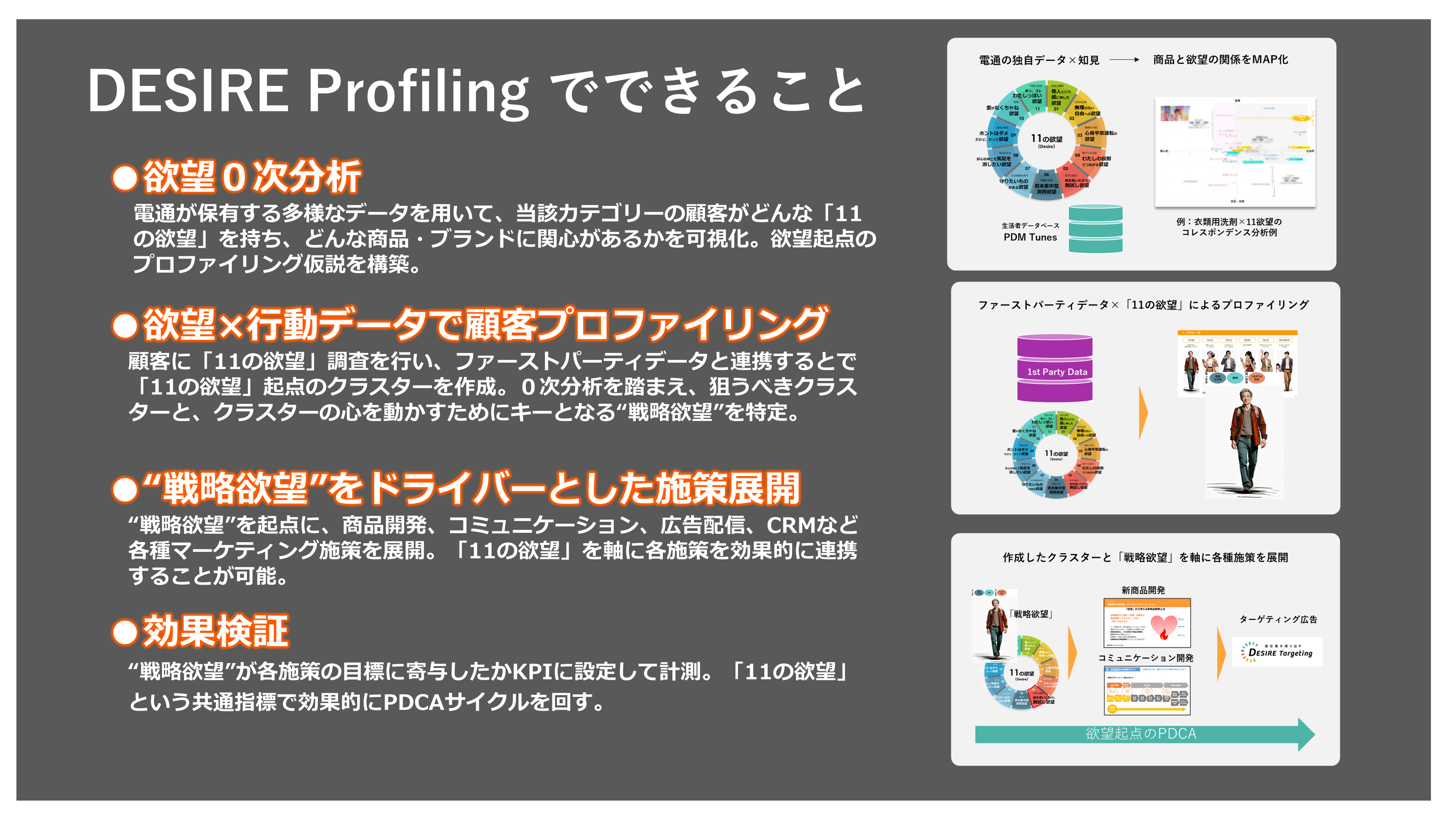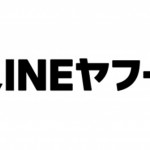FacebookExchangeは一石二鳥を狙う
Going into its second earnings release as a publicly traded company, Facebook has been under heavy pressure to prove how it will squeeze dollars out of its billion users. With the pressure of having to deliver to shareholders, founder and CEO mark Zuckerberg has been working on several fronts, from mobile to apps, but one of their newest, revenue-centered products is the Facebook Exchange.
The largest social network has recently released some data on how its advertising platform for real-time bidding will deliver for advertisers, helping to rake in some money as it battles Google for display dominance in the web.
From the day the company decided to go public, Mark Zuckerberg was forced to cope with the need to derive meaningful profits from the incredible “user experience” that is Facebook. While investors have focused on mobile, which is, the next frontier, developing a solid display advertising platform, and one that incorporates real-time bidding is key to success on this front.
Last year, Facebook grew its net U.S. ad revenues 51.7% to $1.7 billion, giving it 5.4% of total digital ad spending. Google, for comparison, raked in $12.8 billion, or 40.1% of total digital spend in the U.S., according to eMarketer.
In June, Facebook unveiled its exchange and brought on a few preferred marketing developers to test it out. The results of those preliminary tests are beginning to come out, and according to AppNexus, one of those developers, they are more than encouraging. While he doesn’t liken it to finding the Holy Grail, Andy Atherton, who manages their relationship with Facebook, called the exchange “an important platform, a great ad environment with a large and high quality inventory.”
Through exchanges, advertisers can find specific audiences or users across the web and retarget advertising that is specific to what their behavior suggests they would be interested in. The twist is that advertisers can bid in real time for these users, meaning that inventory (or space that could be hosting an ad) can be sold to the best bidder, and thus at a better price. Yahoo, Google, Microsoft, and several other major players in the web have developed exchanges. And Facebook, with one in every five U.S. page views, is the elephant in the room.
Comparing to other exchanges, on Facebook Exchange (FBX) “it takes less impressions and fewer clicks to drive conversions,” according to AppNexus. Looking on impressions to actions (which could range from a click to signing up to an email to pricing a car after seeing an ad), Bizo found that FBX is 1.3 to 4.3 times more efficient than other comparable ad environments.
Bizo, which worked with AppNexus, also found that in terms of clicks to actions, FBX is 2.6 to 8.9 times more efficient, meaning that after people clicked on the ad, they were that much more likely to actually act as the advertiser wanted them to. This, at the end of the day, translates into an effective medium for advertisers to find their audience. A measure of ROI called cost per lead found FBX performing 5.5 to 6.5 times better.
Another company that worked through AppNexus on FBX, Accordant Media, found the platform to be cheaper and thus more efficient. In terms of cost per clicks and cost per actions, FBX was 53% and 85% lower than other comparable environments respectively.
Atherton told Forbes that FBX is a new environment in which advertisers can work, but also an important one. “If I was running a broad based display campaign,” Atherton explained, “I would definitely want to be on FBX.” In other words, while Facebook isn’t going to turn the tables on the world of online advertising by opening up its inventory, it is an important, cost-effective channel for advertisers, and this should translate into revenue for Facebook going forward.
Still, the company founded by Mark Zuckerberg faces the major test tech companies are facing today: monetizing mobile. Again using eMarketer data, Facebook is expected to represent only 2.8% of total ad spend on mobile this year, or $73 million. Google, with $1.5 billion, will command the market (56.3% share), with Pandora coming in second (8.8% market share).
Still, Facebook is slowly but surely building up its capacities on several fronts. Display is important, and with FBX, Zuckerberg & Co. will continue to fight itself, its shareholders, and its major competitors to prove that it is one of the most important tech companies out there.












